WHY SHOULD WE CONSIDER offering multicultural worship in our churches?
With Worship Quest Ministries, I (Steven) have the opportunity to travel around the world teaching, training, and mentoring the church in Christian worship and formation. As I write this, I am currently in Ukraine to speak at a worship conference. While I’ve been here, I’ve had the opportunity to visit a few churches, preaching and leading midweek Bible study groups—worshiping with brothers and sisters in Ukraine. Each time I visit a culture that is not my own, I am amazed by God and blessed by the global Body of Christ.
These opportunities to worship alongside Christ’s Body in different parts of the world captures my imagination for multicultural worship within our own congregations back home. Yet the question of culture and how closely worship content should align with local customs, vernacular language, and cultural practices has been a question of the ages. Not all Christians in all times and places have agreed over the degree to which worship content should or shouldn’t be couched in the language and customs of a certain local people group. There are questions of intelligibility, of meaning, and even of power. Language usage in the corporate worship context is just one facet of that larger discussion. And, yes, it was a triumph of the early Protestant reformers to reclaim the local vernacular for worship content—so much so that most of us today might not realize there’s even a question to be asked.
But there is an important opportunity for pastoral shepherding, and Christian growth for our congregations, if we revisit the question with fresh eyes for today. Our view of the grandeur of God’s Kingdom is worth the effort required to consider questions of multicultural worship anew. We may even find ourselves with renewed wonder at the inscrutable wisdom of God’s gospel plan.
Sticking with worship practices and spoken language that is completely familiar to the majority culture you are ministering within has this crucial advantage: complete intelligibility. The Reformers recognized that and argued for it strenuously. Rightly so! Using musical forms, prayer forms, and spoken language that most people in your congregation will know and be comfortable with seems to be a no-brainer.
But there’s an opportunity to expand our vision by going beyond. The Lord God Almighty, the eternal, unchanging, triune God is the King of the universe, the Lord of every nation, the one whose gospel is going forward to all the ends of the earth, and who is calling forth a kingdom of priests, a royal priesthood, a people for his own possession from out of every tribe and nation and tongue.
Psalm 86:9: All the nations you have made shall come and worship before you, O Lord, and shall glorify your name.
That’s easy to forget. Or perhaps it’s not really that we forget, but that it can too easily fall into “out of sight, out of mind.” But give the congregation a picture every once in a while, call it back to the forefront of our minds, and it can turbo charge our responses of worship. (After all, isn’t worship responding to God’s revelation of himself?) Show us more . . . and we’ll have more to respond to.
Enter multicultural worship practices: or, more specifically, cross-cultural worship practices. Being reminded of the faithfulness of Christ followers in nations and cultures we are less familiar with, or who we wouldn’t regularly interact with, expands our vision of the greatness of God’s kingdom. The Holy Spirit’s active and miraculous work in nations and lands we may never see is going forward day after day, to the end that, indeed, Jesus shall reign as Lord of every nation and people.
Revelation 7:9–10: Behold, a great multitude that no one could number, from every nation, from all tribes and peoples and languages, standing before the throne and before the Lamb . . . crying out with a loud voice, “Salvation belongs to our God who sits on the throne, and to the Lamb!”
Multicultural worship is essential for the life of the church. The Scriptures explicitly mandate multicultural worship as seen with Abraham in Genesis 12:3; Moses in Exodus 9:16; Joshua (4:24) and the Psalter (2:8; 22:27; 67:2-3) unfolds God’s heart for all ethnes: “all nations,” “all peoples,” “all mankind,” “all creation,” “every creature,” “every knee,” “every tongue,” “every language,” and “the world.” Additionally, the Antioch model of the church in Acts 11–12 demonstrates that multicultural missional congregations survive the test of time and tribulations. Finally, the eschatological glimpse of the worship community (Revelation 14:6; 15:4) portrays the heavenly throne room filled with multicultural praise and worship.
To sing and pray—to worship in forms and styles that are borrowed/shared from other cultures gives God’s people a powerful way to announce and to proclaim, prophetically and boldly, that God is the king of ALL the earth, and that the kingdoms of this world certainly are going to become the kingdom of our Lord and of his Christ. We should announce it now! And perhaps the unease of stepping into a song or tongue that’s unfamiliar can increase the intensity of what might otherwise have downshifted into just another Sunday on autopilot.
* * * * * * * * * * *
[Part Two will include ways to incorporate multicultural worship into the local church context.]
This article is co-written by:
Dr. Steven Brooks – Pastor and Professor of Worship and Founder and Director of Worship Quest Ministries. Steven holds a Doctorate in Worship Studies from the Robert E. Webber Institute for Worship Studies.
Dr. Eric Sarwar – Lead Pastor at Artesia City Church and President of Tehillim School of Church Music and Worship in Pakistan. Eric holds a Ph.D. in Intercultural Studies from Fuller Theological Seminary.
Andrew Braine – President of Worship Resource Media. Andrew holds a M.Div. from Talbot School of Theology.




